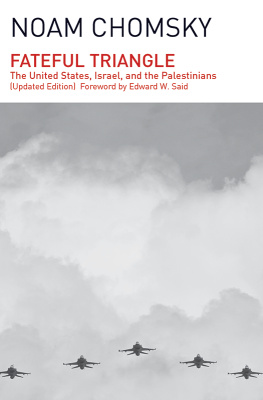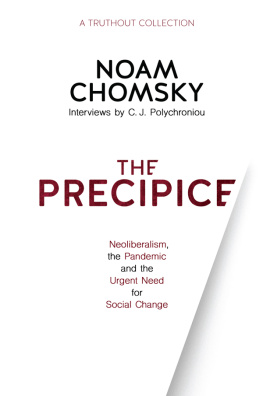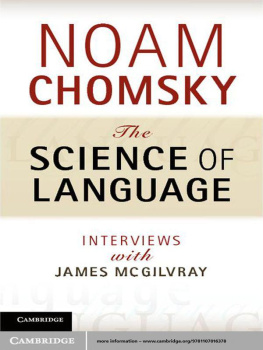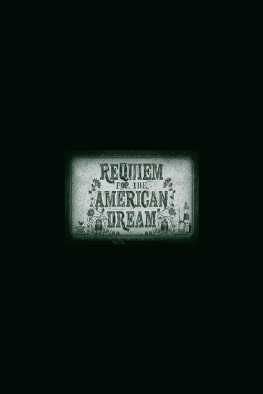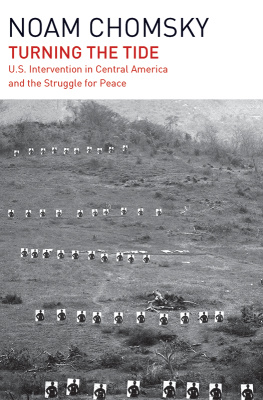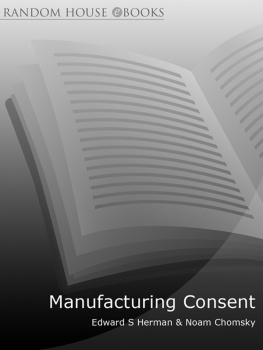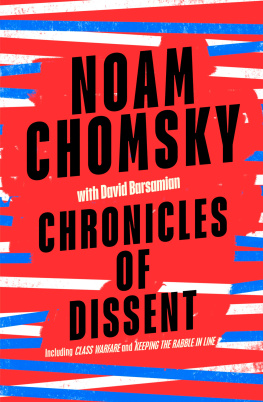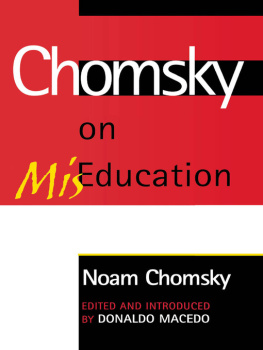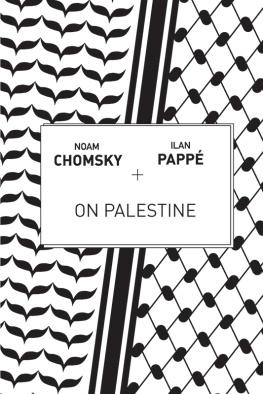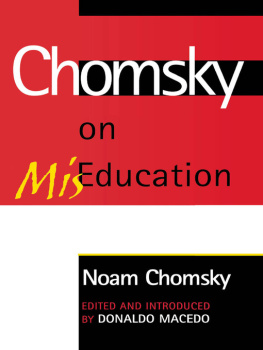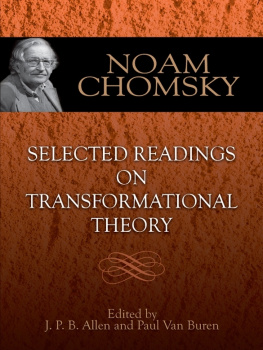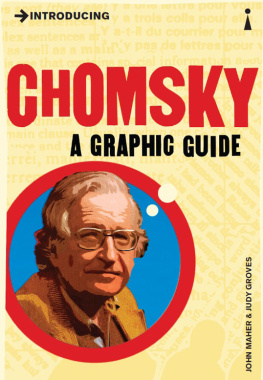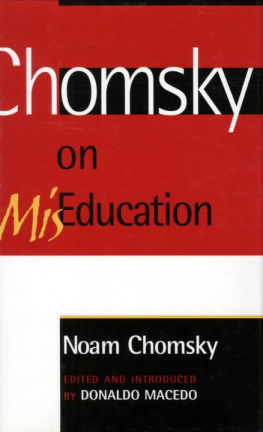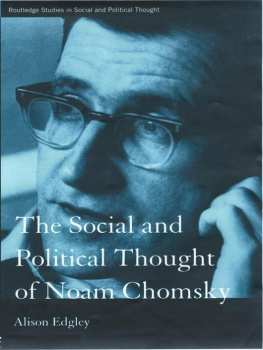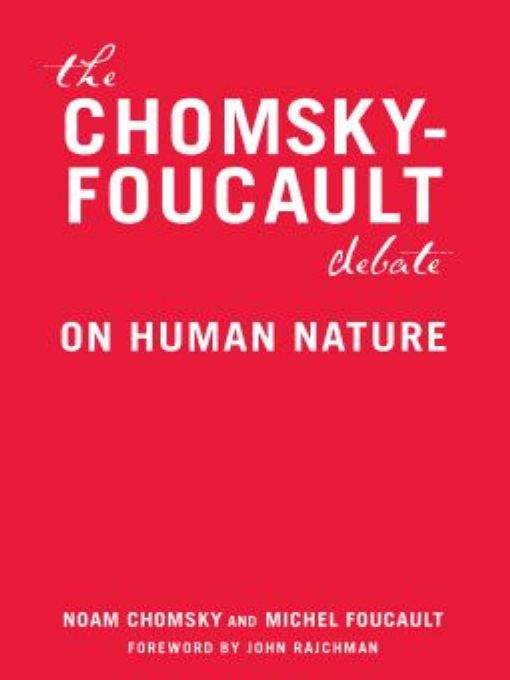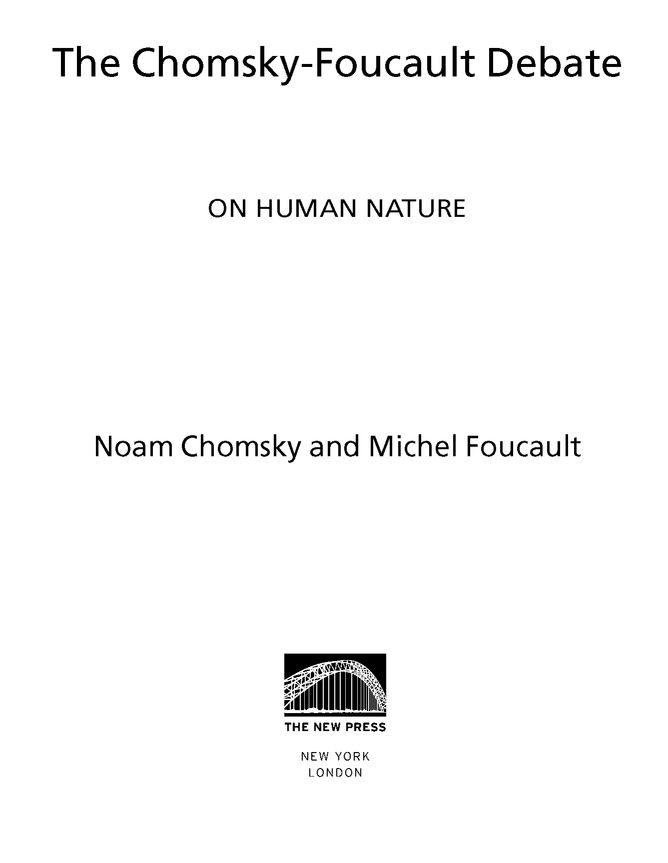Table of Contents
Foreword
The initial exchange took place in Holland in November of 1971. Noam Chomsky spoke in English, Michel Foucault in French, with the results broadcast on Dutch television. It was part of a series of debates in which the Dutch thinker Fons Elders invited pairs of philosophers from different, sometimes opposing, strains in twentieth-century thought to confront one another on television. Yet neither Chomsky nor Foucault was in fact a philosopher in the narrow academic sense; each had developed a highly original approach to the study of language and had subsequently gone on to assume the role of a political or public intellectual.
1971 is not a bad date for the transition from language-analysis to politics in their work. The events of 1968 were still fresh, providing a new climate of debate, introducing new divisions, and new actors, on an international (or, as it is now said, transnational) scale, beyond any particular political or economic regimein Prague as well as Berkeley, Paris, Mexico City, and Asia. Onto the intellectual divisions in the Elders debates, another dimension was thus superimposed. How should intellectuals affected by these events in different places talk with one another? What were the models for the new kinds of questions and new ways of posing them emerging from the political movements in so many places? Were older, more or less Marxist models sufficient, or should one draw from other Enlightenment traditions, or from the particular transformations taking placefor example, civil disobedience or participatory democracy? Moving back and forth in two languages for a Dutch television audience at this peculiar moment, passing from questions of language and creativity to power and politics, the exchange thus offered a space for a conversation across intellectual and political geographies. The dispute over human nature seemed to crystallize the differences in approachat once linguistic, philosophical, and politicalin the work of Chomsky and Foucault and in their respective countries.
In what ways had the study of language or of discourse prepared each man for his new political role? What, in other words, is the relation between linguistics and politics or the role of power in the analysis of discourse? In some sense, that was a crux of the debate, with each man trying to translate the basic question in his own terms. Is it a matter of linguistic universals and their relation to human justice and decency, as Chomsky argued; or is it, as Foucault maintained, a case of historical and material restrictions on what is said and in their relations with the exercise of power? After some polite attempts to find common ground, a divergence broke out on this score, which, as usual in such exchanges, was ultimately left unresolved. As the decade wore on both men would continue to examine the relation between linguistics and politics, language and power, as they increasingly assumed the role of political intellectuals. Their later reflections serve to amplify the positions in the initial exchange as well as the divergences and links between them. In particular, reproduced in this volume following the debate are attempts each made in 1976 to clarify and elaborate their views (Chapters 2-4). Also included is a lecture given by Foucault at Stanford University in 1978 (Chapter 5), as well as a brief statement (Chapter 6), which originally appeared in the French newspaper Libration in 1984, shortly before Foucaults death. These later texts can be read as a kind of aftermath and continuation of the 1971 debate at a time when both men already sensed a reaction against or falling off of the earlier possibilities, but also their elaboration in new lines. They deepen the earlier exchange, complicating its terms and reception. As in that earlier debate, these additional chapters retain the informal nature in which each man, moving from his area of expertise or research, addresses a larger public, through interview or lecture, thus reflecting his own passage from academic study to public political activity.
The interviews with Chomsky on politics and language (Chapters 2 and 3) prolong the peculiar mix of English and French in the 1971 debate. Conducted in 1976, they were originally published in France in a volume titled Dialogues avec Mitsou Ronat. Ronat, a noted French linguist, asked questions in French; Chomsky responded in English, and the tape-recorded results were then translated into French. In the English-language edition, published in 1979 as Language and Responsibility and reissued more recently together with an earlier work by Chomsky as On Language, Chomsky introduced a number of stylistic and sometimes substantive changes such that the text, in his words, while preserving the basic structure of the original, is not simply a translation of the French translation of my remarks, but is rather an elaboration and in some cases modification of the French version.
How do such ideas bear on the disagreement with Foucault concerning language in the earlier Dutch debate? There the discussion had focused on the question of creativity. Chomsky was impressed by the potentially infinite sentences any child learns to generate in the natural language to which he or she is exposed. He argued that the actual verbal evidence at the childs disposal in acquiring such normal creativity cannot be inferred simply from verbal clues the child encounters, as Skinner falsely presumed. One needs rather to postulate an innate capacity, akin to the question of innate ideas in Descartes. By contrast, Foucault was impressed by the fact that, of the many utterances normal creativity allows for, only a very few are actually uttered (spoken or written), and those that are fall into discernable patterns of a time and place. Foucault was interested in les choses dites. He imagined there were rules or regularities in what is said at a given time and place, and that these rules govern not just the kinds of things that are talked about, but also the roles and positions of those talking about them. He argued that such historical regularities in utterance cannot be explained by innate structures in the minds or brains of language-learners or indeed by any innate predetermination. Neither innate nor learned, they instead condition and constrain the actual use or exercise of our minds across a series of practices, at once material and institutional. In particular, they can be shown to govern the ways in which we talk about language itself, and the ways it is so delimited as to become a rational object of study in different periodsas, for example, with the turn from a focus on historical language groups to language structures. The question of ideas in classical philosophy thus needs to be posed in another way, and Foucault offers Chomsky the observation that while the mind in Descartes is not in fact creative but is rather illuminated by evidence, in Leibniz one finds a picture of the mind folded back so as to develop potentials or virtualities by unfolding itself in the world, with which the theme of creativity might better be associated. Today, there no more exist accepted rules for such anonymous regularities in things said than there is anything like a generative grammar for any natural language, not even English; but the differing views over the concept of creativity nevertheless remain philosophically suggestive. In Foucaults case, it leads to a particular problem: how then do new ways of talking arise? What are the presuppositions and the politics of such non-normal creativity in our forms of discourse?


